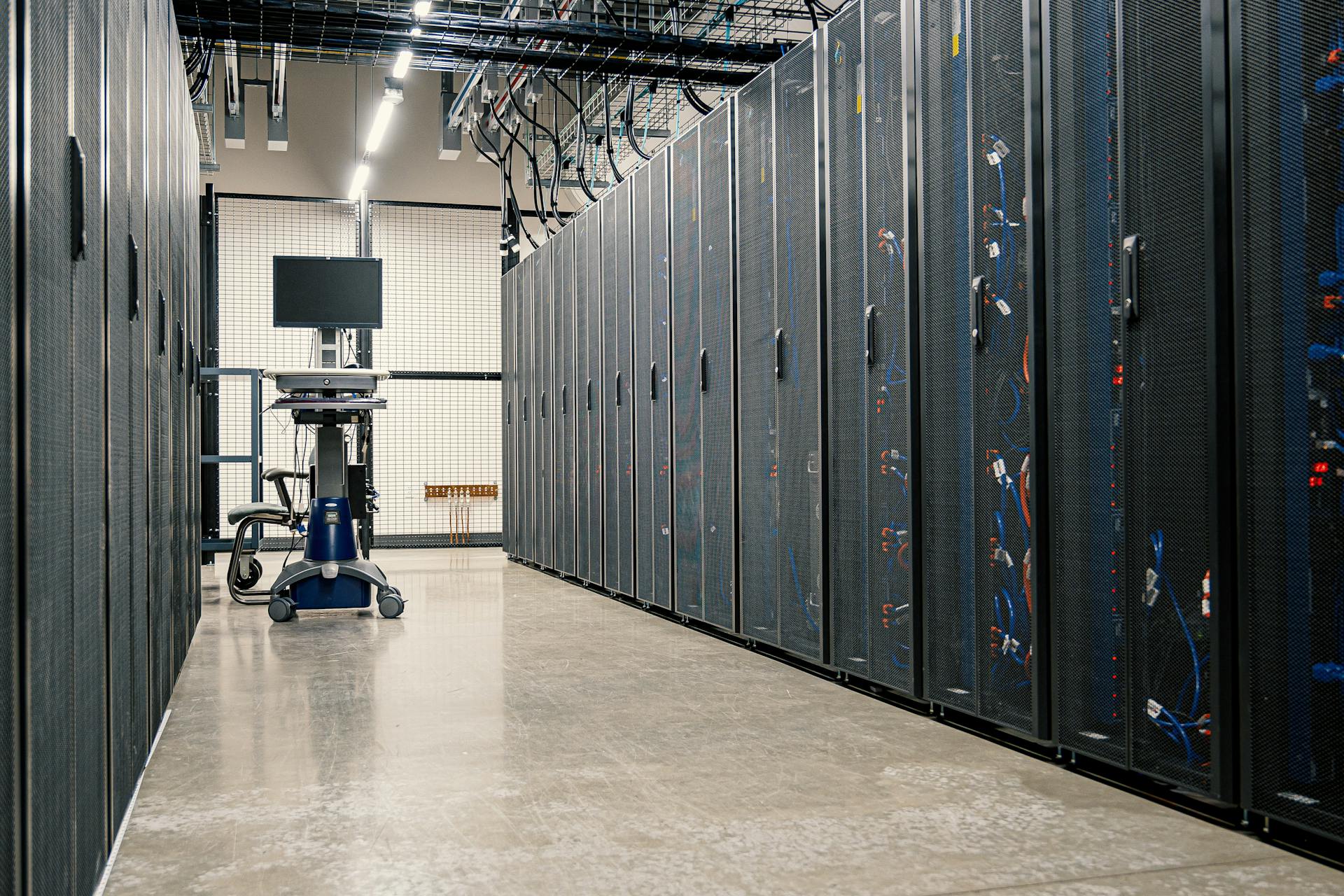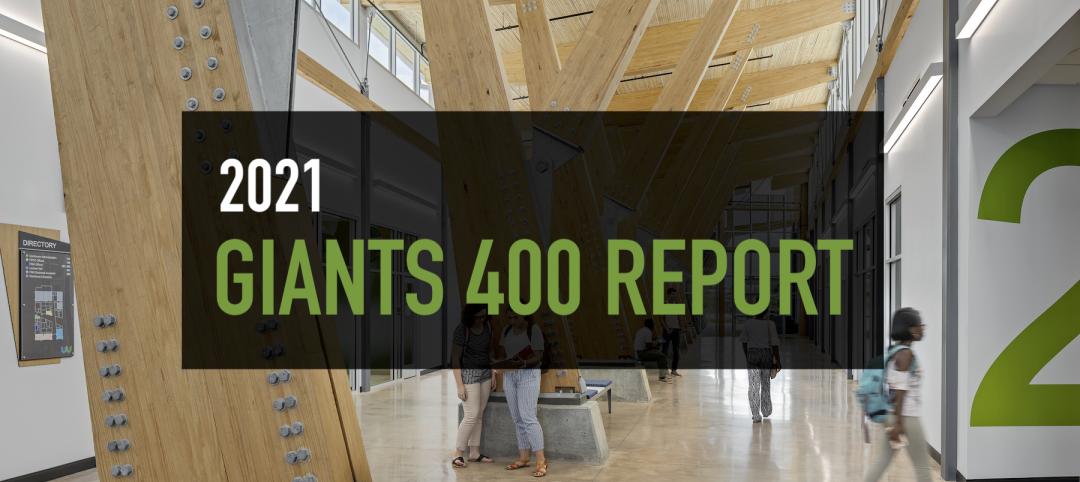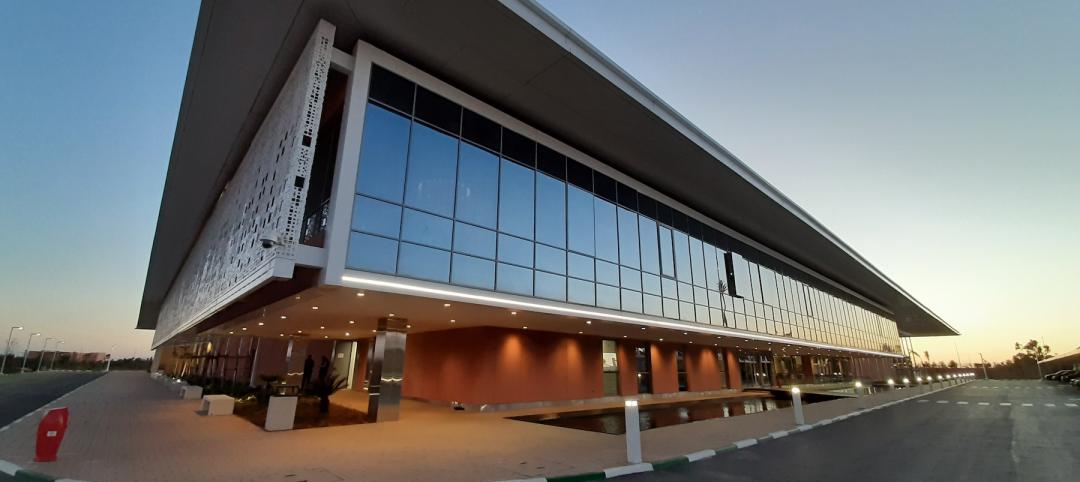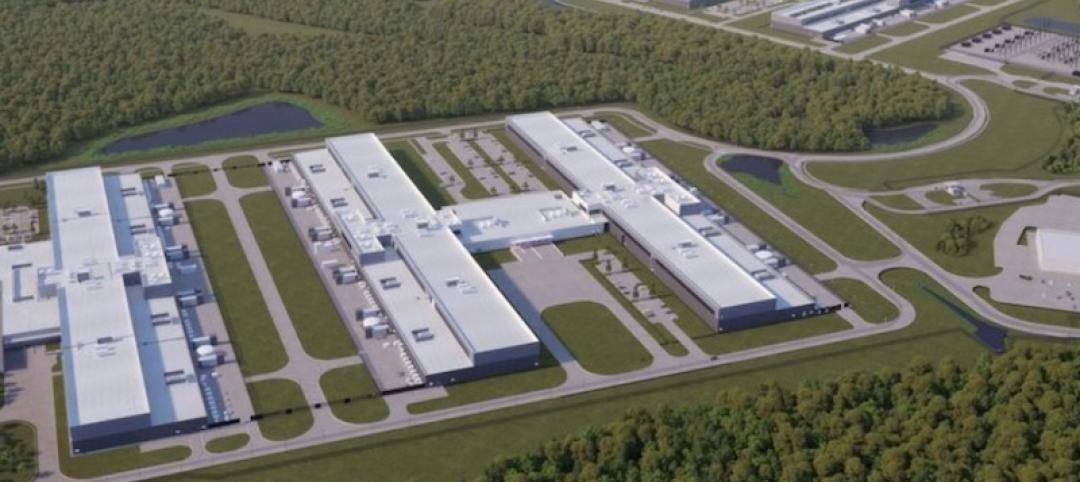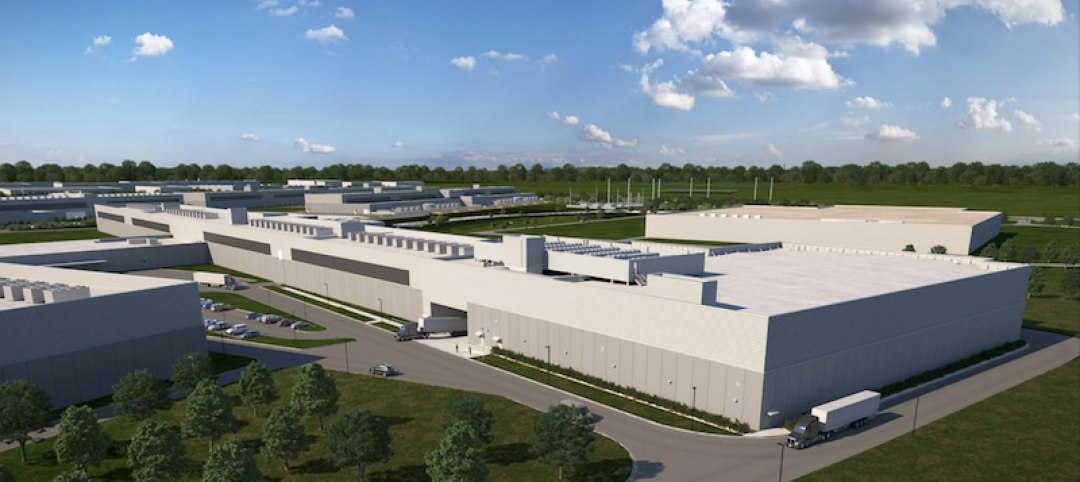A projected surge in data-dependent technologies, including the Internet of Things (IoT) and generative artificial intelligence (AI), globally will require substantial IT infrastructure support provided by edge data centers. Analysis by global real estate consulting firm JLL (NYSE: JLL) predicts edge IT infrastructure and data centers will become a $317 billion market globally by 2026, representing a 107% growth from the 2020 market valued at $153 billion.
JLL defines an edge data center as a facility that brings computing power closer to where the data is generated or consumed. Globally, the growth of edge computing will be influenced by the not only the emergence several technology-based megatrends but also the need for faster data transfer and high computation, as well as factors such as policies and regulations. From an infrastructural standpoint, organizations rely on edge data centers to process and analyze data in real-time at the edge of the network, facilitating faster decision-making and more efficient operations.
The rise of edge IT infrastructure focused on data centers will mirror the growth of IoT devices, which JLL analysis projects will expand at a compound annual growth rate (CAGR) of 9.8% over the next five years. JLL’s analysis of a 2023 survey1 of data center professionals cited the requirement for low latency and high bandwidth (41%) was the most important driver for edge data center deployments, followed closely by data security and privacy (38.3%).
Consumers and enterprises demanding improved products and services like low latency, high computing, generative AI and omnipresence will likely ensure that the cloud environment and future of edge data centers remain healthy with the opportunities observed. In addition, Asia Pacific (APAC) and the Middle East North Africa (MENA) regions, which hold significant growth potential due to rising internet and mobile penetration among the rural population, will further support opportunities in the addressable edge data center market. In the United States, 21% of data center development is happening in edge geographies.
“Consumers and corporations will continue to adapt to transformational technologies within daily life and without the distribution of data processing and storage across various locations, cutting edge efficiencies and solutions like IoT and generative AI will not transition to mainstream acceptance,” said Jonathan Kinsey, EMEA Lead and Global Chair, Data Centre Solutions, JLL. “Edge data centers will be essential to ensure both seamless business operations in the future economy while also improving security measures and protecting against potential disruptions. By lowering latency by bringing the computing infrastructure closer to the data source and user, edge IT infrastructure will become an essential component in the international economy.”
JLL analysis concludes that enterprises typically use a combination of different data center types, including on-premises, colocation, cloud and edge, when deploying their IT infrastructure, depending on user needs. However, the continual growth in data and connected devices has driven the need for increased storage, computing and network capabilities closer to the end points of use and created a need for edge computing and associated data centers.
The size of the edge computing market can be measured in different ways. JLL’s estimate of a $317 billion total addressable market comprises the complete IT infrastructure, colocation revenue, colocation supply and cloud services revenue, all specifically at the edge. From the IT infrastructure lens, the edge computing market consists of all the IT hardware, including storage, computing and networking equipment that enable the delivery of digital services at the furthest points of a network.
Learn more in JLL’s The Enduring Significance of Edge Data Centers report.
1 Source: DatacenterDynamics, Enterprise Edge Adoption Trends Survey Report, 2023.
Related Stories
Giants 400 | Aug 30, 2021
2021 Giants 400 Report: Ranking the largest architecture, engineering, and construction firms in the U.S.
The 2021 Giants 400 Report includes more than 130 rankings across 25 building sectors and specialty categories.
Giants 400 | Aug 26, 2021
2021 Data Center Giants: Top architecture, engineering, and construction firms in the U.S. data center facilities sector
Corgan, Holder Construction, Jacobs, and Whiting-Turner top BD+C's rankings of the nation's largest data center facilities sector architecture, engineering, and construction firms, as reported in the 2021 Giants 400 Report.
Contractors | Jul 23, 2021
The aggressive growth of Salas O'Brien, with CEO Darin Anderson
Engineering firm Salas O'Brien has made multiple acquisitions over the past two years to achieve its Be Local Everywhere business model. In this exclusive interview for HorizonTV, BD+C's John Caulfield sits down with the firm's Chairman and CEO, Darin Anderson, to discuss its business model.
Data Centers | Mar 20, 2021
Japan’s NTT pushes U.S. data center expansion
Two new facilities opened last month, with several others under construction.
Data Centers | Mar 16, 2021
Greener data centers can also be more profitable
A new white paper explores revenue-enhancing ways for data centers to reduce their greenhouse gas emissions.
Data Centers | Feb 18, 2021
Arcari Cimini Architettura designs Data Center Floating Island
The concept looks to create an entire floating city centered around a data center.
Data Centers | Jan 21, 2021
The Weekly show, Jan 21, 2021: Data centers in a pandemic world, and LGBT certification for AEC firms
This week on The Weekly show, BD+C editors speak with AEC industry leaders about LGBT certification for architecture, engineering, and construction firms, and the current state of data centers in a pandemic world.
Giants 400 | Dec 16, 2020
Download a PDF of all 2020 Giants 400 Rankings
This 70-page PDF features AEC firm rankings across 51 building sectors, disciplines, and specialty services.
Data Centers | Dec 9, 2020
COVID-19 pandemic elevates data centers to key priority market for investors
But supply-chain and labor problems could slow deliveries, according to Turner & Townsend’s 2020 report that looks at 40 markets.
Giants 400 | Dec 3, 2020
2020 Data Center Giants: Top architecture, engineering, and construction firms in the U.S. data center facilities sector
Corgan, Jacobs, and Whiting-Turner Contracting Company top BD+C's rankings of the nation's largest data center facilities sector architecture, engineering, and construction firms, as reported in the 2020 Giants 400 Report.


